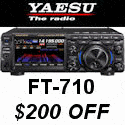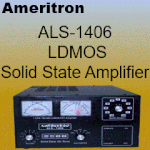NLI Meets with Congressman King regarding HR 607 - 70cm is SAFE!!!
Discussion in 'Amateur Radio News' started by N2YBB, May 19, 2011.
- Thread Status:
- Not open for further replies.
Page 4 of 4
Page 4 of 4
- Thread Status:
- Not open for further replies.










